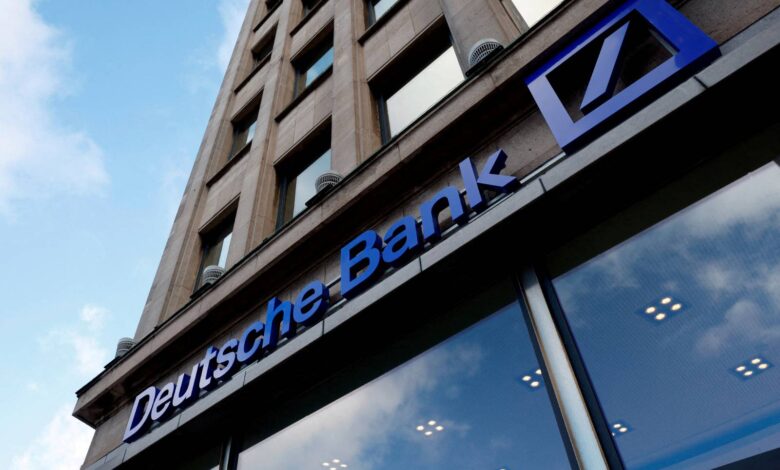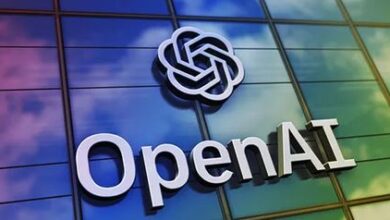Deutsche Bank Builds Layer-2 Blockchain on Ethereum to Tackle Regulatory Challenges

Deutsche Bank, Germany’s largest financial institution, is working on its own Layer-2 (L2) blockchain on Ethereum, as reported by Bloomberg. The initiative aims to address regulatory challenges faced by financial institutions when utilizing public blockchains, such as the potential risks of transacting with criminals or sanctioned entities.
In November, the bank introduced a test version of “Project Dama 2,” an asset-servicing pilot that incorporates a Layer 2 solution. This technology leverages public blockchains while enabling more cost-effective and efficient transactions.
Deutsche Bank’s Layer 2 system integrates with Ethereum, described by Boon-Hiong Chan, the bank’s Asia-Pacific industry applied innovation lead, as “the busiest commercial highway in crypto.”
In an interview, Chan highlighted the risks public blockchains like Ethereum pose for regulated banks, according to Bloomberg. These include uncertainties about “who exactly is validating the transactions,” the possibility of transaction fees reaching sanctioned entities, and the risk of a hard fork significantly altering the blockchain ledger.
“Using two chains, a number of these regulatory concerns should be able to be satisfied,” Chan explained.
Dama 2: Advancing Blockchain Under Project Guardian
Dama 2 is part of the Monetary Authority of Singapore’s Project Guardian, a collaborative initiative involving 24 major financial institutions exploring blockchain technology for asset tokenization. Proponents, including Deutsche Bank, view blockchain as a means to address margin compression within financial services. However, questions remain about the extent to which banks should engage with the crypto ecosystem.
The Dama 2 platform, developed in collaboration with crypto firms Memento Blockchain Pte. and Interop Labs, utilizes ZKsync technology. The bank aims to launch the platform as a minimum viable product next year, pending regulatory approval.
According to Chan, the Layer 2 feature offers banks the flexibility to experiment with public blockchains. It enables them to establish a “more bespoke list of validators” for processing digital-asset transactions, which earn rewards. Additionally, the platform could grant regulators “super admin rights,” allowing them to monitor fund movements when necessary.
“You are not dependent on the Layer 1 for detailed transaction records anymore,” Chan noted.
On December 10, Deutsche Bank also announced a partnership with Crypto.com to deliver corporate banking services across Asia-Pacific markets, including Singapore, Australia, and Hong Kong. The bank now provides services such as fiat-to-crypto exchange and cross-border trading to crypto companies.





